HOW SKYCOIN IS CHANGING THE LIVES OF YOUNG AFRICANS
His name is Blevenec.
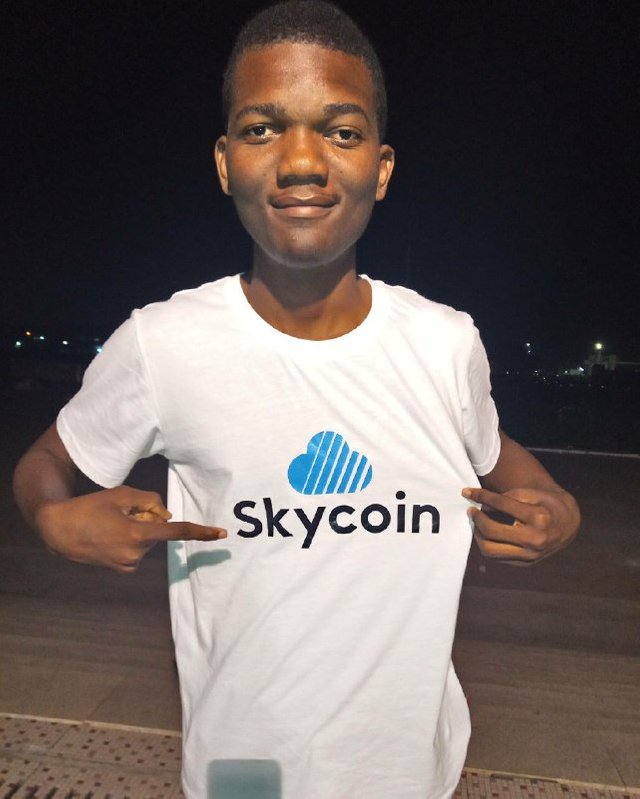
He hails from the Republic of Benin; a French-speaking West African nation is a birthplace of the Vodun (or “voodoo”) religion and home to the former Dahomey Kingdom from circa 1600–1900.
He discovered the Skycoin project in a binance chat room where somebody recommended it as the best project in the crypto space.

He did further research and discovered how promising the project with a bright future and an extraordinary team. He was fascinated to see that Skycoin is not just a cryptocurrency but also an ecosystem with several parts and the decentralized free Internet was the real catch.
He thinks Skycoin can positively change the lives of Africans. More so in Benin a country in which it is difficult to accept payments via credit card on websites when your customers are Westerners. He believes Skycoin can serve as an instant payment method, revolutionize the Internet and decentralize the Web.
Considering the fact also that Telephone calls from and to the Benin Republic like most other African countries colonized by France are still routed through France despite their getting independence since 1960, He believes that Skycoin Skywire is the way forward and has got some interesting propositions about that.
Despite recognizing all the wonderful things Skycoin could do to solve most of these problems, Blevenec had bigger problems.
Most of sub-Saharan Africa is offline and getting the population connected to the Internet is key to growth.
Internet access is improving education in remote areas, enabling financial independence through e-banking, enabling people to demand more transparent governments and even driving better diagnosis and treatment of illness.
To make matters worse, the President of Benin Republic Patrice Talon imposed a decree on “Taxation of data bundle” in July of last year. According to the decree, Internet users will begin to pay levies on usage, which cuts across all social media platforms.
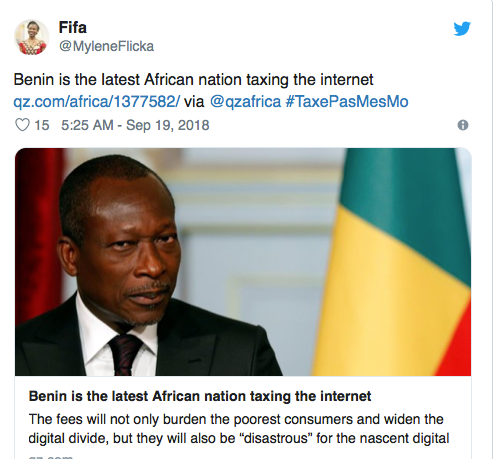
For every megabyte of data, users will pay 5 percent extra as a tax. Benin is not the first African country to adopt such rule, though. Ugandans and Zambians pay tax for using the Internet.
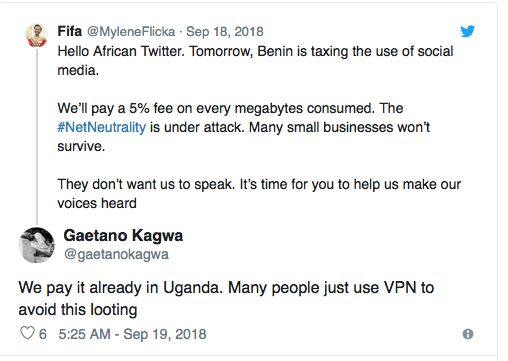
Also, having the hardware, computers to access the Internet cost a fortune in Africa. The cost of a computer can range from $95 – 200 dollars for fairly used ones but in a continent where about three quarters of the African population live of less than $2, half of the people of less than $1.25 per day, that’s a lot for a student studying law one of the 26 approved Universities in the Benin Republic.
But Blevenic had recognized the potential of Skycoin and wasn’t prepared to give up like that. To think that a final year Law student couldn’t afford a laptop broke the heart of the over 9000 intelligent investors community members of Skycoin. He cried out to the community for help, and the community responded.

Under the able leadership of Daken Freeborn, Director of Sky events who has shown many times his honesty and integrity, dedication, self awareness, eagerness to learn and adapt, service and empathy, quickly applied his intelligence and forward thinking interpersonal skills to motivate the Skyfleet members of the group to set up a fund to help send Blevenec computers for him and his friends so that he can continue to drive change in his little way there creating a technological drive and awareness for the Young people of Benin Republic .
The community members heart were broken to hear of the plight of a young Skycoin Ambassador who was using his resources to educate his friends and fellow students about how they can use Skycoin and its technology to change their lives for the better .
Within weeks, the community contributed Skycoin, hundreds of dollars, laptops and loads of Skycoin merchandise to be shipped to Blevenec in Benin Republic.
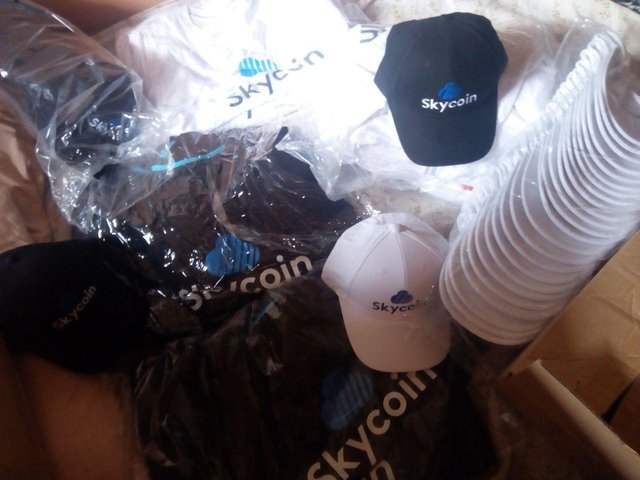
The community members reacted and responded so quickly, and the community felt happier for it.

This has got the Skycoin team thinking, and a lot is planned for the African continent after the launch of the mainnet of Skywire.
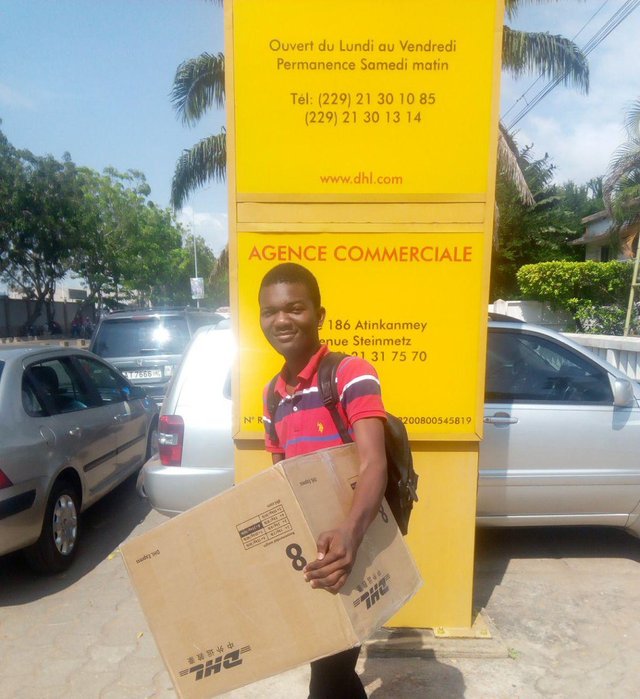
The Skycoin team has studied and realized a lot of things its blockchain can do for Africa and many developing communities all over the world.
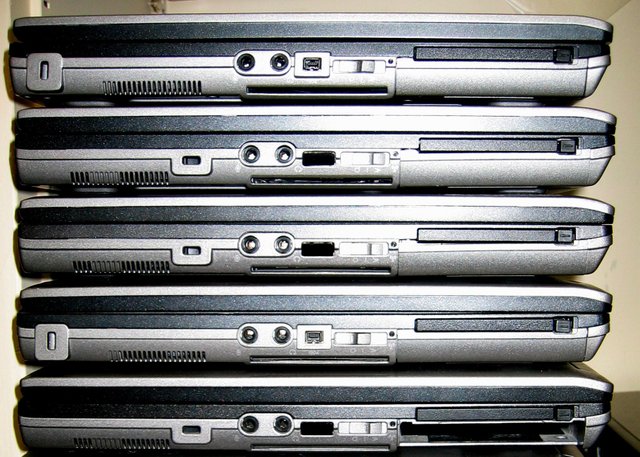
A blockchain is a global online database that anyone, anywhere, with an Internet connection, can use. The cool thing is traditional databases are owned by a central authority like banks, companies, or governments, but blockchain isn’t owned by anyone. It has a peer-to-peer network looking after it, so cheating the system is nearly impossible.
Blockchain stores information permanently across a network of personal computers, which decentralizes, distributes, and records it onto a public ledger that anyone can see. Miners, who maintain the ledger verify the transactions. These bundles of records on personal computers are called blocks. Each block has a timestamp, and a form to a previous block, forming a chronological chain.
Digital records are lumped together into "blocks" then bound together cryptographically and chronologically into a "chain" using complex mathematical algorithms.
This encryption process, known as "hashing" is carried out by lots of different computers. If they all agree on the answer, each block receives a unique digital signature
By design, blockchains are inherently resistant to modification of the data. Functionally, a blockchain can serve as “an open, distributed ledger that can record transactions between two parties efficiently and in a verifiable and permanent way.

In the United States and Europe, people don't worry about how to prove they exist. But in sub-Saharan Africa, according to UNICEF, two out of every three infants are not registered with the government at birth, and three out of four kids don't have birth certificates. At that rate, the number of unregistered children in the region will reach nearly 115 million by 2030. This has devastating effects since people who have not been registered can't access social services such as health care and education or, later in life, formally own property. But in countries where there is little or no standard system of identity documentation—and where the systems that do exist are subject to corruption and fraud—how can individuals prove and protect their identities in a decentralized and reliable way?
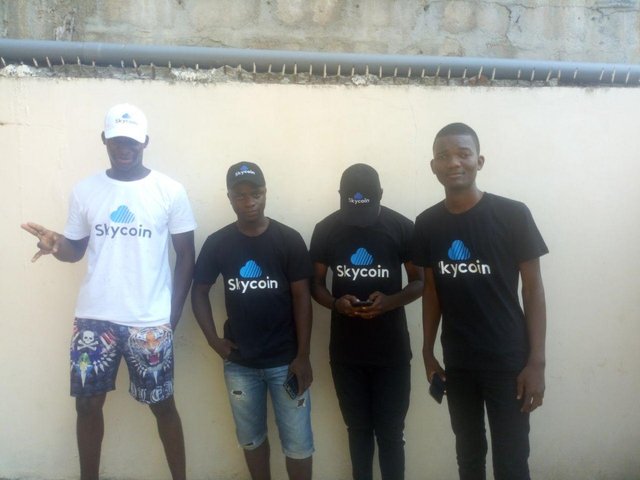
One of the most exciting—and controversial—applications for blockchain technology is its potential to register election results. Last year, Swiss blockchain start-up Agora received permission from Sierra Leone's National Electoral Commission (NEC) to act as an "international observer" at 280 of the country's roughly 11,200 polling stations in its March elections. Agora CEO Leonardo Gammar's interest in election reform on the continent is transgenerational: His mother was an African Union ambassador to the U.N., and his father was a Tunisian military attaché.
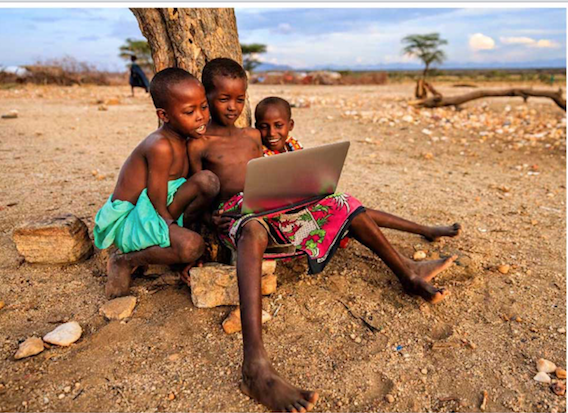
If blockchain technology could ensure transparency in cryptocurrency transactions, Gammar reasoned, perhaps it could also provide transparency in election results. It's a valuable goal in countries such as Sierra Leone, where allegations of electoral fraud are common, and voter suspicions sometimes manifest in violence.
"I sincerely believe well-run elections can save lives," Gammar wrote on Agora's website. "In this context, more transparent and secure electoral procedures can directly impact citizens' well-being by contributing to a more peaceful political life." He added that blockchain-verified elections would also save African taxpayers money since electronic votes are cheaper than print-based ones.
Skycoin has already developed an official voting app and would be a test run by March of this year in an election in a European country.
Another significant area identified as an area where Skycoin technology could create a very vast and beneficial impact for Africa is in the field of remittances.
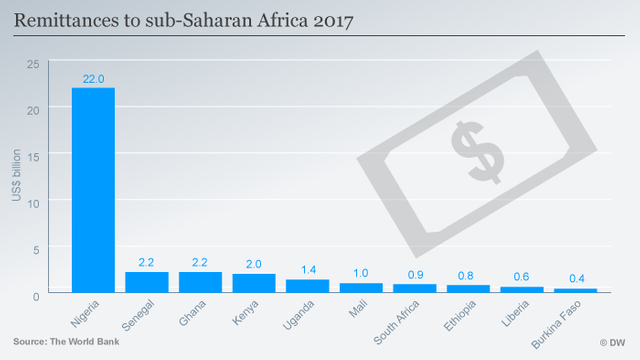
Africans in Diaspora remit about an average of $38 billion annually back home to Africa. However, a recently released World Bank report shows that the cost of sending remittances to Sub-Saharan Africa continues to be far higher than any other region in the world. On average, to send $200 to and from a country in the region will cost almost $19. This is more than 20% higher than the charge for remittance to any other area. (Globally, about over $600 billion in payments were sent in 2017.)
A handful of firms are exerting a stranglehold over the global remittance industry by charging huge fees on money sent from friends and family abroad, choking an annual half a trillion dollar lifeline for countries that face full economic challenges.
Fees of up to 29% are still being charged on money transfers between some countries, despite a pledge by the G8 at the L’Aquila summit in 2009 to halve the world’s low remittance fee to 5% (pdf). Such a reduction would save poorer countries as much as $16bn a year, the World Bank says.
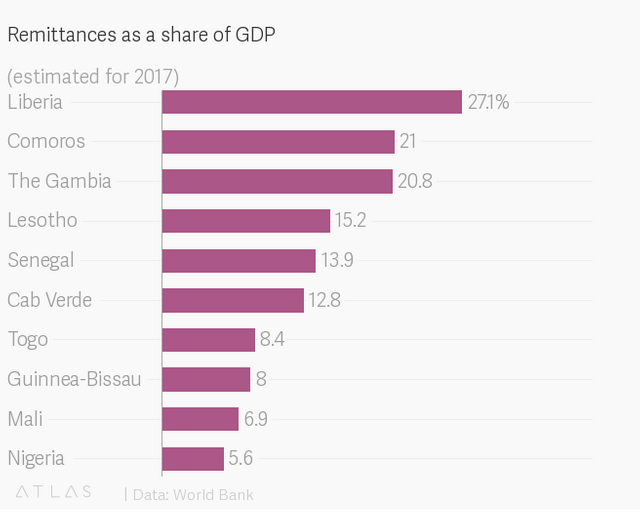
“Financial regulators should investigate whether or not money-transfer operators are securing unreasonable margins on transfers to Africa by exploiting their market power. Several central banks and competition authorities in Africa have taken up the issue, and the L’Aquila targets showed political commitment, but far more could be done.
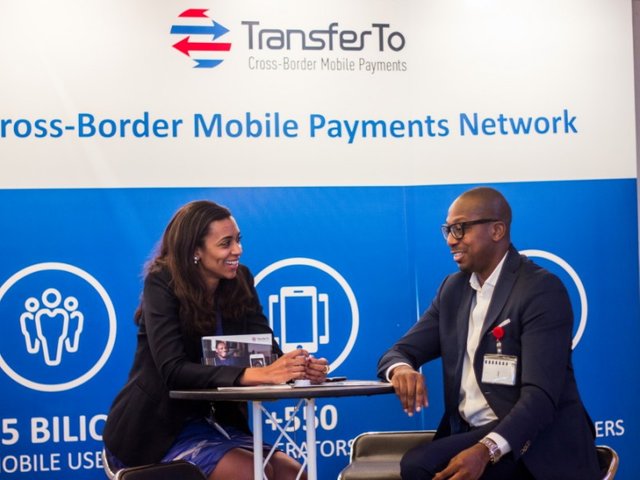
African governments could and should revoke exclusivity agreements that bind banks and agents to certain money-transfer operators. These are sole-use agreements, which stipulate that once a bank or agent works with, say, Western Union or MoneyGram, they cannot work for other providers. This, in turn, restricts entry into the marketplace. However, African Governments are very corrupt and could be beneficiaries of the whole scheme and would instead maintain the status quo where they feed fat at the expense of its citizenry.
Western Union and MoneyGram are ubiquitous, and that dominance has allowed them to dictate terms in many markets – in some cases imposing punitively high fees.
In the 2014 Africa Progress Panel report (pdf), chairman Kofi Annan said remittance fees to Africa were “unethically expensive,” adding that sending $1,000 to Africa costs consumers an average of $124, eclipsing the global average of $78 and South Asia’s average $65 fee.
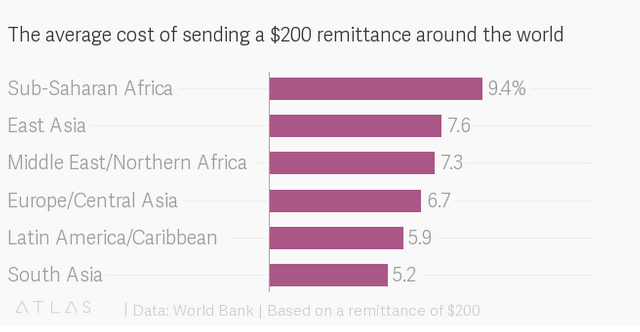
Africa has 54 countries using different currencies, legal systems, and exchange rates
There is no doubt about that financial transaction on blockchain are more efficient and much more cost effective than traditional bank transactions.
With Skycoin platform, this transaction could cost next to nothing as they could use coin hours to pay for the purchase and in that case, if you send 5 dollars, you receive $5. In addition to this, the operation will be fast and requires no middleman
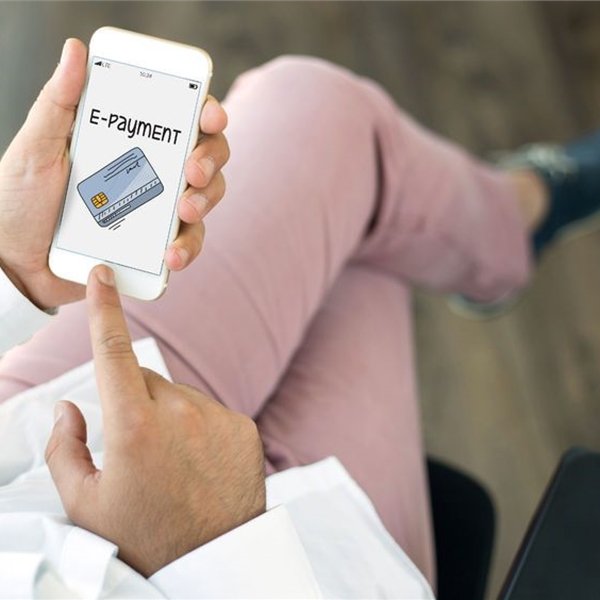
However, You cannot use blockchain technology without a computer or smartphone and good Internet connection. Less than 20 % of the total population in Africa has access to Internet connection. Despite the growing number of Internet users on the continent, the framework for Internet access needs to be established. Poor Internet connectivity is a great challenge that hinders or slows the adoption of blockchain technology in developing countries because, without a good Internet connection, it is impossible to deploy blockchain technology.
Moreover, people in developing countries are not tech-savvy. Adopting modern technology is a great challenge, as most perceive it to be some Ponzi scheme or a pyramid scheme. Additionally, there is a lack of knowledge and adequate modern equipment to deploy the technology.

Skycoin is developing the new decentralized mesh network Internet that is free and net neutral and backed by bandwidth. This provides the fastest internet speeds you will ever get, and with the completion of Skywire and mainnet launch imminent, the Skycoin team has mapped out a pilot study for some African nations where Skyminers will be deployed at specific campuses of several African Universities. Also, Works are at advanced pace for Skycoin to start producing laptops and Skywire phones at meager prices to benefit more impoverished communities who cannot afford the luxury of the phones we use in the western world. Skywire is designed to help solve the challenge of providing sustainable lightning fast Internet connectivity to millions who live in areas beyond the reach of fixed or mobile broadband coverage.
So, while universal Internet access may seem as though it is years away, it can be a reality today, and the timing is indeed right for dialogue and with Skycoin, the technology is readily available and very affordable.
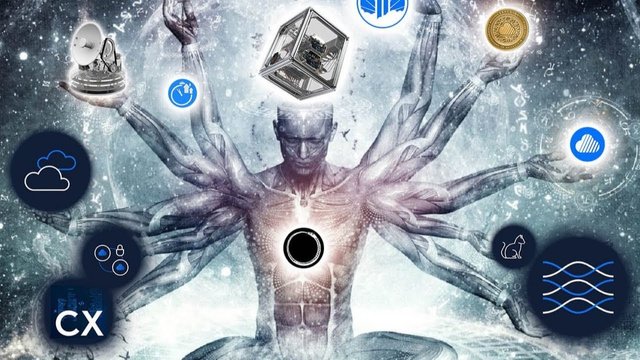
A McKinsey report, broader Internet access in Africa would drive economic growth in retail, finance, healthcare, education, agriculture, and government, as well as social transformation. Be it from investment into fixed-line, mobile or satellite broadband, the report predicts that iGDP – the Internet’s contribution to a country’s economic gain – could rise from 1c to 10c, or $268bn by 2025.
Looking at all the advantages the Skycoin ecosystem possesses, the UN organization is looking for more partnerships with it.

The United Nations organization have found Skycoin to be most beneficial to execute most of their plans for the world in respect to the 2030 Agenda for Sustainable Development, adopted by all United Nations Member States in 2015, which provides a shared blueprint for peace and prosperity for people and the planet, now and into the future.
At its heart are the 17 Sustainable Development Goals (SDGs), which are an urgent call for action by all countries - developed and developing - in a global partnership.
They recognize that ending poverty and other deprivations must go hand-in-hand with strategies that improve health and education, reduce inequality, and spur economic growth – all while tackling climate change and working to preserve our oceans and forests.
The SDGs build on decades of work by countries and the UN, including the UN Department of Economic and Social Affairs and Skycoin tick all these goals and considering the how much monies they will save with Skycoin; it's just a matter of time before they adopt Skycoin as its preferred currency for SDG.
In order to be able to achieve these aims of reducing illiteracy, eradicating poverty and to spur economic growth especially in developing countries, they realize that they need technologies like Skycoin with all its attributes and fee-less transaction to be able to achieve this.
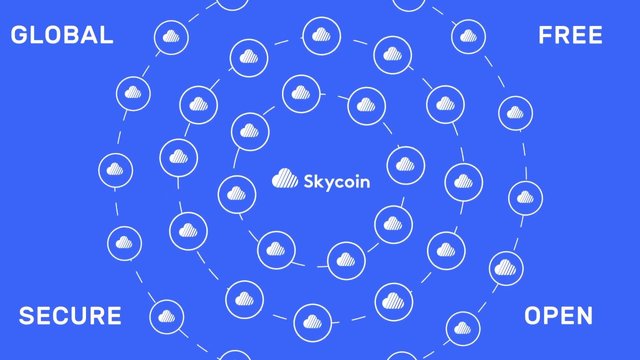
There are plenty of problems that need solving in Africa. These problems potentially can also be solved with a few fundamental principles that are inherent to the blockchain, such as transparency, and decentralization. From elections to international remittance, as well as energy services and alternatives to banking; Africa has many broken systems that could be fixed by Skycoin technology.
Blockchain shows the potential to enhance transparency and reduce long-standing inefficiencies and costs within multiple sectors of sub-Saharan African economies. From enabling micropayment systems to digital identity management to smart contracts, blockchain-based solutions can leapfrog traditional or nonexistent technology infrastructures in African nations and drive a new era of more inclusive growth.
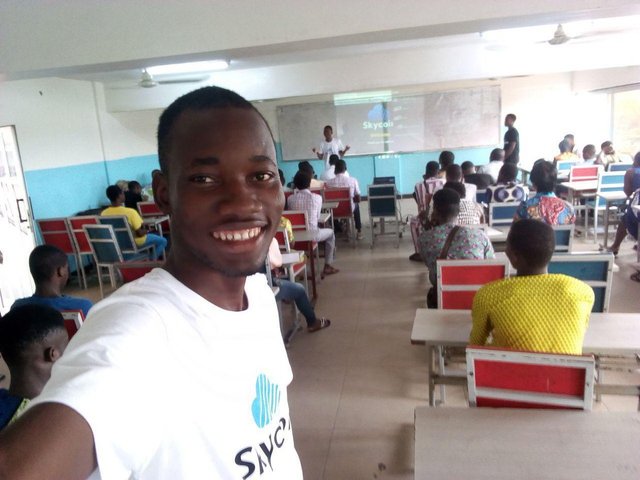
In doing these Skycoin will be helping to keep the dreams of Blevenec and friends alive and creating a new world for less privilege African who can use the benefit of Skycoin technology to better themselves and the country at large thereby making the world a better place.
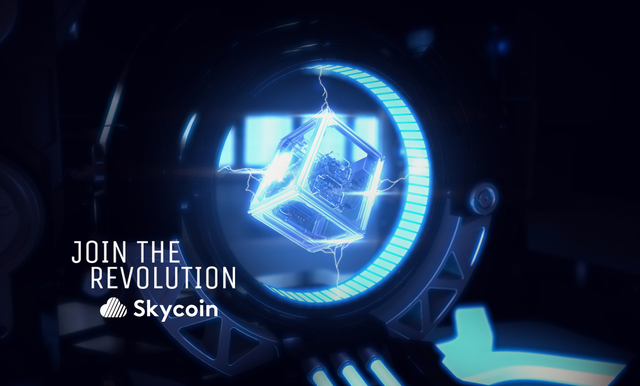
Find out more at https://www.skycoin.net.
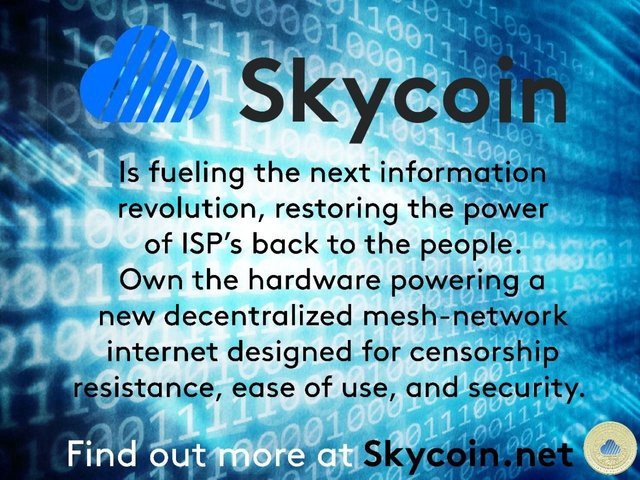
Telegram: https://t.me/Skycoin
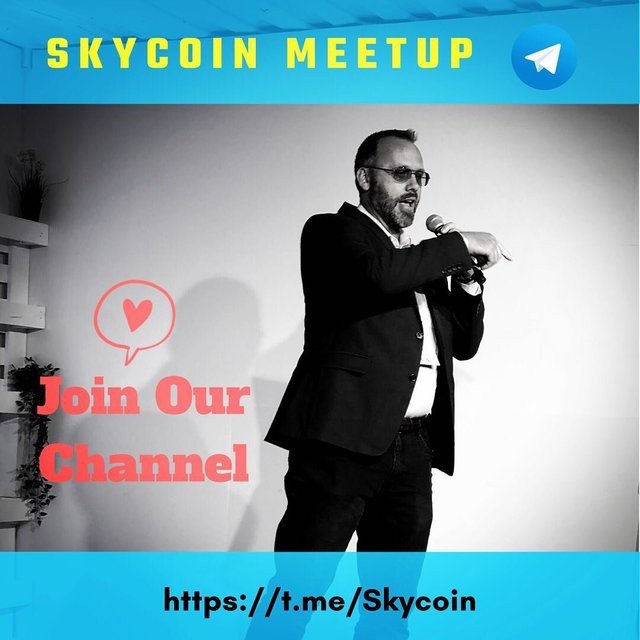
Buy Skycoin directly from the website @
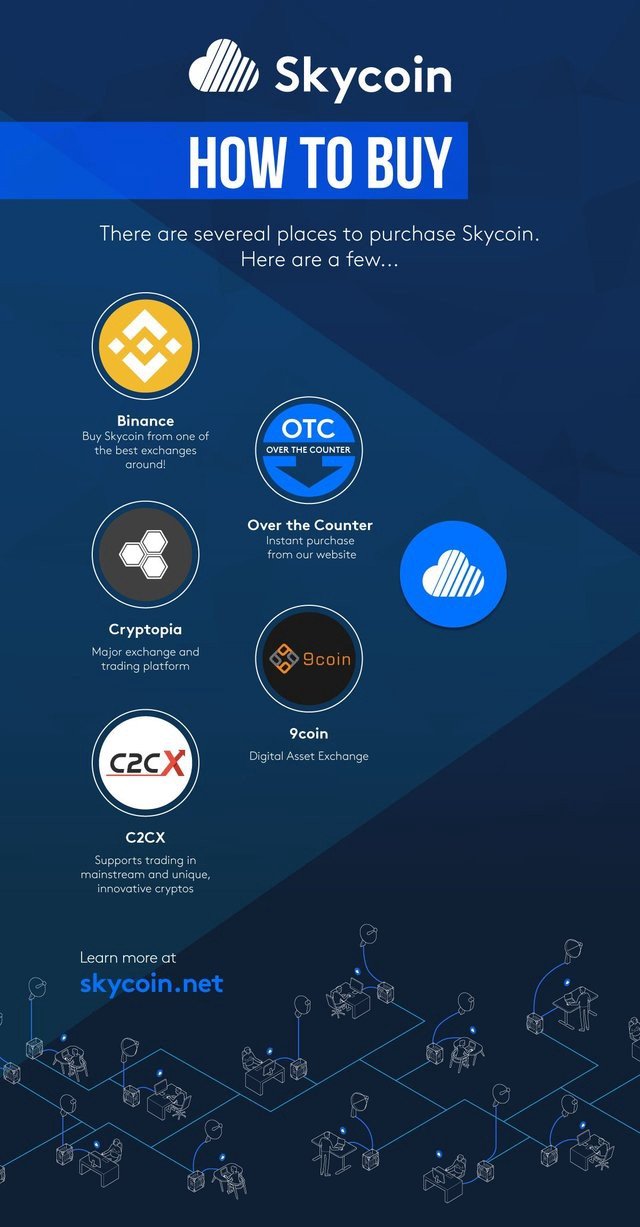
Join the worldwide meetup group @ http://t.me/MeetupsWorldwideSkycoin
YouTube @ https://www.youtube.com/channel/UCzLASufel2No4vSt4rudHSQ
Facebook: https://www.facebook.com/skycoinproject
Twitter: https://www.twitter.com/skycoinproject
Reddit: https://reddit.com/r/Skycoin
Follow me on twitter https://twitter.com/bivins1.
It's good to see such informative posts. We need more.
Upvoted and resteemed.
!tip
🎁 Hi @bivins1! You have received 0.1 SBD tip from @onealfa!
@onealfa wrote lately about: Samsung Galaxy S10 Bitcoin Wallet Leaked By Insider: Is It Official? Feel free to follow @onealfa if you like it :)
Sending tips with @tipU - how to guide :)
Thanks
Lovely post
Thank you sir